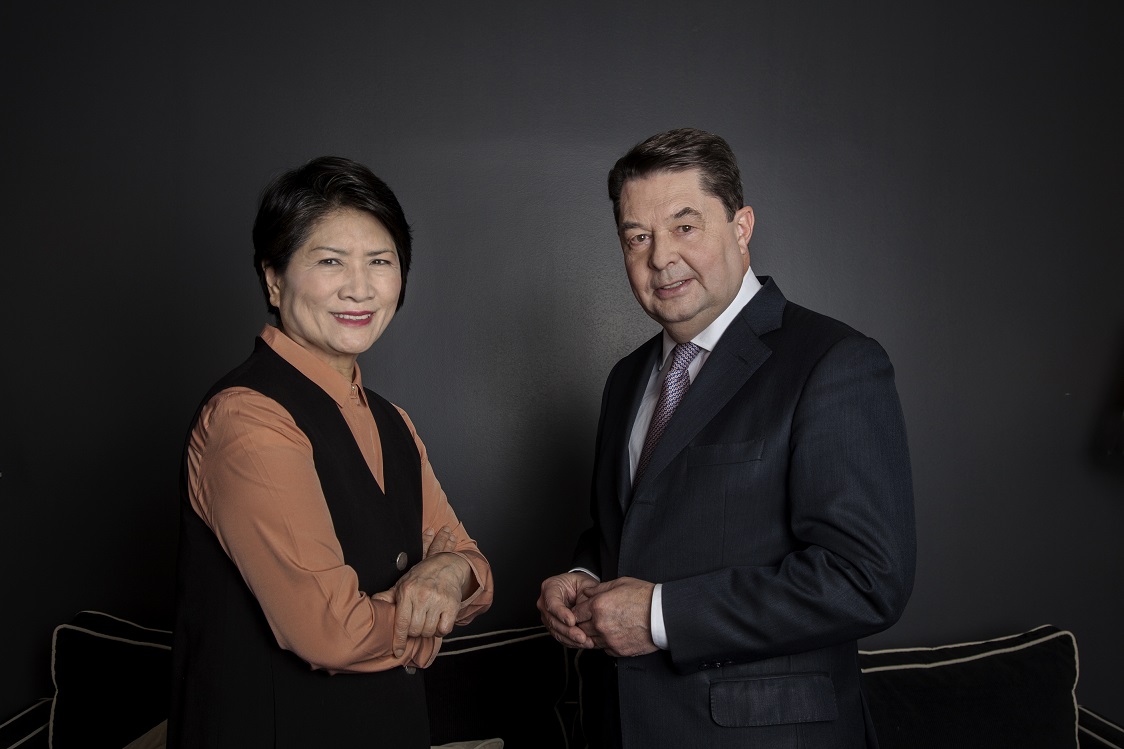
Voting for the future of Tourism: The Responsibility of making the right choice
The world today seems to have become a series of choices. Every day, globalisation, democratisation, consumerism, give the people of the world the right to choose. Often it comes down to making decisions across a competitive set based on what most strongly attracts attention, pulling interest in a certain direction, away from others.
On a daily basis, most choices are small, low risk of error. There is even less of a risk of regret. But every so often you get called upon to make a choice that has the ability to impact, directly and irreversibly, the future. The past 12 months have shown how easy it is to, in the most weighty of situations, take too lightly the responsibility of the vote. Which is why the United Kingdom now feels the fear and sadness of activating Article 50 to divorce from the European Union. Across the Atlantic, the American people are seeing how promize to make America great again is turning into making America greatly cut off from the rest of the world.
The responsibility of the vote, and the implications of the outcome, has never been felt more deeply at a global level than in these globally connected times.
In the tourism world, the same is true, as the UNWTO readies for election of the next Secretary General. Thirty three Executive Council members are tasked with deciding for the world’s tourism industry and community, the future path of growth. As seven candidates from across the world count down to decision day in May of this year, the intensity of competition is becoming clear. Each brings to the race their own qualifications and arguments for the right and rightness of the top job. And each brings their own style of campaigning – styles that reveal the nature of the competitor, and their suitability for the position of tourism’s highest diplomat.
While some have chosen direct combat, pulling others down to be able to rise above, turning the spotlight onto themselves, one candidate has opted for a more inclusive, outward focused approach.
The Republic of Korea’s nominee, AMBASSADOR DHO YOUNG-SHIM, a highly respected, delivery-focused, lifelong practitioner of tourism with enviable experience and relationships within and outside the global UN system, has chosen to focus on leadership, not leaders.
Dho’s focus is firm. She is steering clear of being distracted by antics and attacks among candidates. That is not her style. Her interest is the future wellbeing of global tourism for all, not the quest for the job for one. “This time of selection of a new Secretary General of the UNWTO is a critical one for the Tourism sector, and global community, worldwide. The recommendation of the Executive Council will define the path forward for the sector’s impact for people across the globe. The campaigning process of potential candidates is, therefore, one that demands clear vision of intent, inspiration for alignment of the organisation, as well as honesty and integrity of approach. It is not my interest in securing the position of next Secretary General of the UNWTO by bringing other candidates down. Rather it is through inspiring us all to rise up.”
Letting actions speak louder than words, putting principles before press releases, Dho is positioning her candidacy as a partnership, having as her running mate CARLOS VOGELER, a Spanish national, former Chairman of the UNWTO Affiliate Members, and now Executive Director of the Organisation for Member Relations, as well as Regional Director of the Americas.
This unique pairing of global, outside-in and inside-out experience and expertise gives UNWTO Executive Council members tasked with determining Rifai’s successor, a leadership combination that guarantees Rifai’s legacy acts as the foundations for a new era of UNWTO impact. Vision, strength, stability and shared commitment to an even more innovative, empowering tourism future for all – members, staff, and the wider global tourism community. It’s about leadership, not leaders.
In her own words:
“Together, I am confident, we both are, that we create a powerful combination of leadership. As the first woman Secretary General of the UNWTO, closely supported by my Deputy from Spain, we will offer unprecedented balance of global representation, experience and expertise across business and government, access and gender. Our partnership reflects our vision is one of a strong, delivery-focused UNWTO, championing global Tourism as a key enabler to fulfillment of the greater global growth agenda, for the benefit of all.”
Ban Ki-moon, former Secretary General of the United Nations, is someone who knows well the scale of responsibility of global leadership. In recent ceremony honouring his contribution to global tourism, where he was recognized by Dr Taleb Rifai, outgoing Secretary General of the UNWTO, Mr Ban was clear in his belief around what it takes to take the global tourism industry into the future, expressing,:“great confidence that (Amb. Dho) can be the best, only next to (Dr Rifai), the best Secretary-General to promote tourism, and by promoting tourism we can expect more peaceful societies. I count on your support to her candidacy and I really appreciate. You will never regret.”
For the thirty three UNWTO Executive Committee Members, never before has the responsibility of the vote, and need to focus on pure leadership competence, been more important. The role of tourism in global development, unity, peace and stability is too important for risk taking. Making a choice responsibly, focusing on vision, commitment, credentials and character is critical. A world of tourism depends on it.
